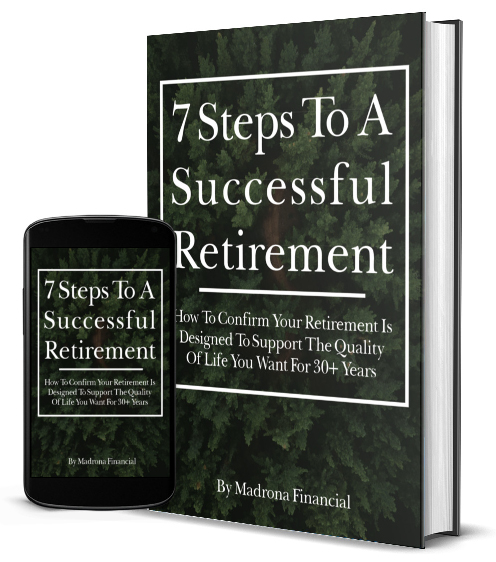
The bond market can be a little confusing, so I’d like to shed some light on what it is and how it works.
Why is the bond market important? The answer to this question is that there is more money invested in bonds than there is in all of the companies on the New York Stock Exchange combined!
So what is a bond? A bond is a promise. Basically, when you invest in a bond, you are lending money to a government, corporation, municipality, etc., which in turn makes a promise to repay you with interest.
Why don’t these entities just borrow money from the bank instead? Bond issuers know they can get a much better interest rate and longer repayment terms by going to investors rather than to banks.
Bond values fluctuate just as often as the stock market fluctuates. Interest rates are in a constant state of change. So when you own a long-term bond (maturity date greater than 10 years) and interest rates increase, the value of your bond decreases, and vice versa. Let me explain.

Let’s say you buy a $100,000 20-year bond with a promise to pay you 4% per year. If you hold the bond for 20 years and the entity is able to repay you, you will obviously receive your $100,000 with interest. But most investors do not hold their bonds full term.
So let’s say you instead wanted to sell your bond one year after its purchase, but at that time, interest rates on new bonds were 6%. Interest rates have increased, but when you try to sell your bond yielding $2,000 less in interest per year, you won’t find a buyer. So, now you have to sell your bond at a discount. You will not even receive $80,000 for this bond on the open market!
This works in reverse too. Had you locked in 6% last year, and interest rates on similar bonds dropped to 4%, you could sell your bond at a premium. Interest rate decreases help bond holders and interest rate increases hurt bond holders.
First, bonds can be just as volatile as stocks. Second, we recently hit the 50+ year high (low interest rate) in the bond markets. Interest rates have a likelihood of increasing, lowering bond values.
We may be in what I would term a bond bubble. There are many other factors to consider when buying bonds, but interest rate risk is a primary factor.

